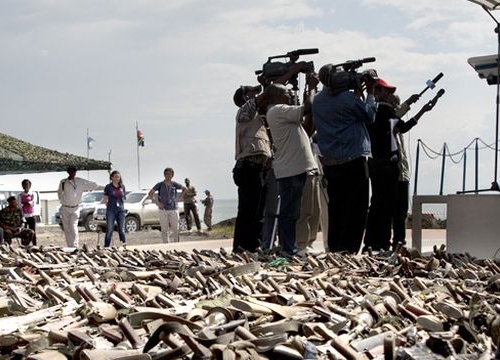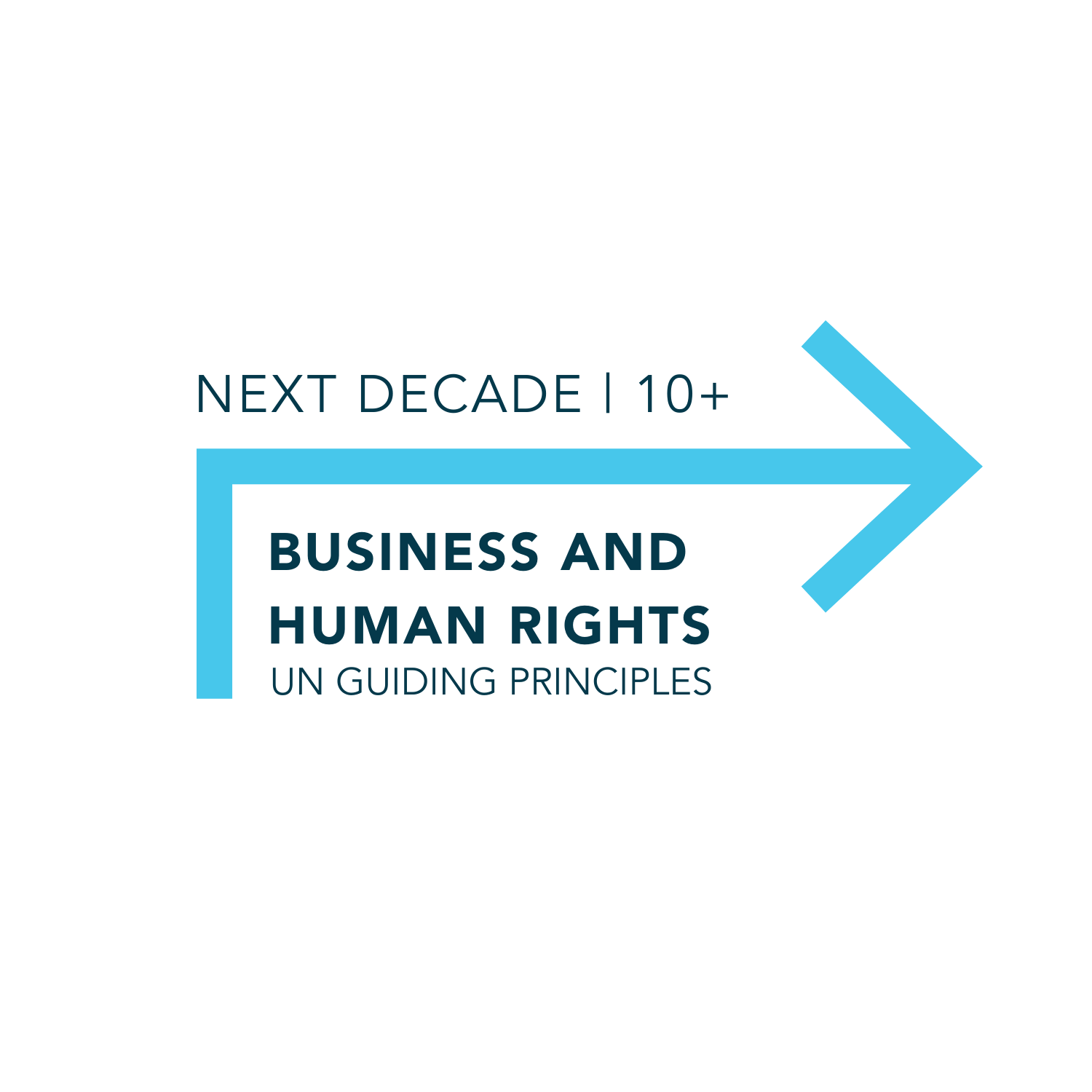Expert Consultation on the Role of Business in Transitional Justice Contexts
Event


MONUSCO
As part of its ongoing work focused on business and human rights in conflict-affected areas, the United Nations (UN) Working Group on Business and Human Rights is developing a guidance note that will include practical recommendations for those engaged in the design and implementation of remediation processes in transitional justice contexts.
To help inform the forthcoming guidance, the UN Working Group invites relevant experts (including academics, business, civil society, government, and UN representatives) to participate in an online consultation hosted by the Geneva Academy.
The discussion will address questions such as the relationship between reparations, development, and peacebuilding; how to incentivize business participation in transitional justice; understanding business responsibility; practical implications for non-judicial grievance mechanisms; broader reflections and lessons learned.
Besides this online consultation, the UN Working Group has also issued a call for written inputs (deadline: 18 October 2021).
Background
The Working Group has recognized that improving access to remedy (pillar III of the UN Guiding Principles on Business and Human Rights) in situations of post-conflict transitional justice is complex but necessary. As the Working Group explained in its report on business, human rights and conflict presented to the 2020 UN General Assembly, in situations of transitional justice ‘businesses have a responsibility to remedy their past behaviour’ and “should engage with relevant transitional justice processes and contribute to truth, reparation and guarantees of non-recurrence where appropriate.” How this should occur is sometimes unclear for states, businesses, and civil society, however.










